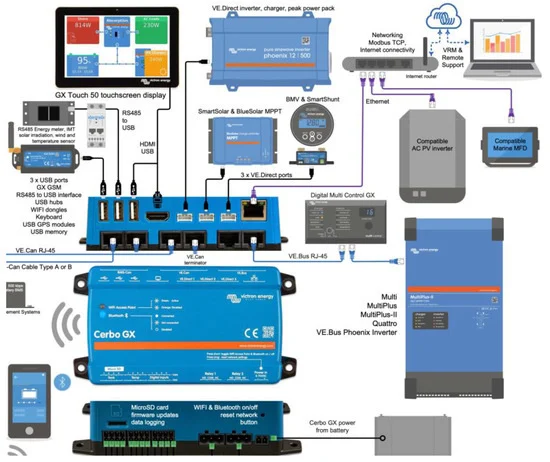Optimizing Industrial Alarm Management: Enhancing Plant Safety and Efficiency
Effective industrial alarm management is crucial for plant safety and accurate process management, ultimately optimizing productivity. Unplanned process trips can result in product loss, compromised quality, and increased costs. Maintenance engineers aim to keep plants running efficiently, making it essential to mitigate these undesirable trips.
Understanding Alarm Management
According to ISA 18.2, an alarm is an audible or visual indicator of equipment malfunctions, process deviations, or other abnormal conditions that require operator attention. Alarms can be categorized as:
- Process Control Alarms
- System-related Alarms
- Environmental Alarms
- Fire and Safety Alarms
While all alarms are important, Process Control Alarms are the most frequent and have a direct impact on the running process. Hence, an effective alarm management philosophy is essential.
Importance of a Master Alarm Database
Many process industries lack a defined master alarm database. Without it, the control system cannot effectively manage processes. Given human limitations in processing multiple alarms, it is critical to present alarms at a manageable rate, especially during plant upsets.
Alarm Rationalization
Alarm rationalization ensures the alarm database is accurate, reducing unnecessary alarms that hinder operator response. It involves continuous review and documentation to eliminate nuisance alarms and refine responses. Rationalization can be implemented during the engineering design phase for new systems or during operation and maintenance for existing plants.
Key Steps in Alarm Management
- Accurate Alarm Database: An accurate alarm database prevents alarm floods and unnecessary alarms, enabling operators to focus on critical issues.
- Real-time Corrective Actions: Each alarm should trigger real-time corrective actions to restore normal operations.
- Continuous Review: Alarms should be continuously reviewed according to process design, control philosophy, and operator feedback.
Rationalizing an Alarm
To rationalize alarms effectively:
- Eliminate System-related Alarms: System redundancy and card integrity alarms should be managed by the Instrumentation Engineer.
- Prompt Alarms for Expected Events: Replace unnecessary alarms with prompts for expected events requiring operator action.
- Operator Messages for Non-critical Events: Use operator messages instead of alarms for events that do not require immediate response.
- Alarm Prioritization: Assign relative importance to alarms based on severity and urgency.
- Alarm Suppression and Shelving: Avoid alarm flooding through suppression and shelving, managed by the Instrumentation team.
- Conditional Alarm Interlocks: Implement these to prevent alarms during startup and shutdown.
Validation During Alarm Rationalization
Ensure each alarm meets the following criteria:
- Indicates a malfunction, deviation, or abnormal condition.
- Requires timely operator response.
- Is unique and the best indication of the root cause.
Benefits of Alarm Rationalization
- Effective Process Control: Operators can focus on controlling the process rather than acknowledging alarms.
- Reduced Product Loss: Fewer process trips lead to less product loss.
- Decreased Operator Stress: Reduced alarm frequency lowers operator stress.
Protection Layer and Probability of Failure (IEC 61511/ISA-84)
| Factor | Probability of Failure |
|---|---|
| Operator response to alarms | 10% |
| Human performance (trained, no stress) | 1.0% to 0.01% |
| Human performance (under stress) | 50% to 100% |
Conclusion
Alarm management is crucial for maintaining operational efficiency and safety in industrial settings. Proper rationalization and a robust alarm philosophy can significantly improve plant operations.
This article was written by FAIZAL, Solution Architect.
Are you fed up with your Alarms? Let us help you.








